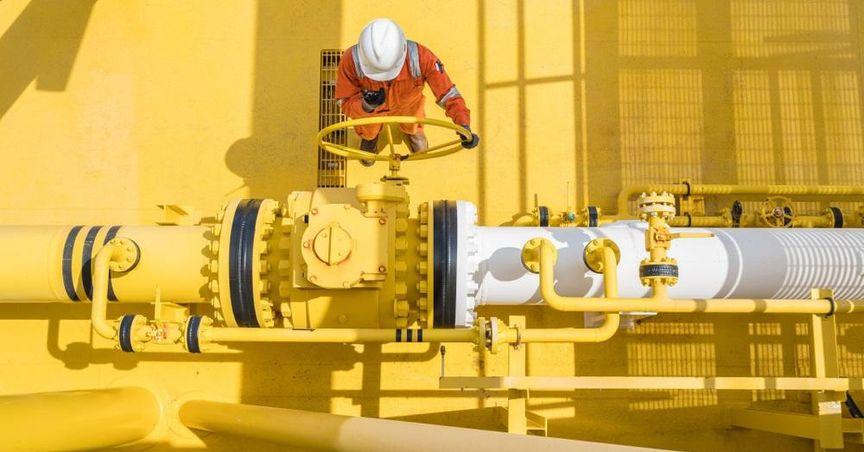Highlights
Eurocell plc (LON:ECEL) operates in the building products sector and is listed on the FTSE 350.
The company has faced a downward trend in share price over the past three years.
Earnings per share movement reflects changing market sentiment around long-term stability.
Eurocell plc (LON:ECEL), listed on the FTSE 350, operates within the building products industry, supplying components such as windows, doors, and roofline solutions primarily across the UK. As part of the wider FTSE market, its presence reflects a focus on construction-related manufacturing and distribution.
Long-Term Share Price Movement and Sector Alignment
Over recent years, Eurocell's share price trajectory has displayed signs of extended weakness. While broader indices such as the FTSE 100 have shown varied movements in different sectors, Eurocell's decline in market valuation contrasts with some peers in the construction supply space. Such divergence often illustrates sector-specific pressures or company-level operational adjustments.
Earnings Per Share Trend and Market Response
Eurocell’s earnings per share have declined over recent years, reflecting changes in operational outcomes or cost structures. Despite this, the share price movement appears less severe, indicating that the broader market may still view the company’s longer-term earnings outlook with measured stability. This contrast highlights a nuanced market response to the company’s financial trajectory.
Dividend Contributions from Eurocell
Eurocell plc is recognised among FTSE Dividend Yield constituents. Dividends issued by the company add another dimension to shareholder value beyond capital appreciation. These returns are typically supported by consistent revenue channels and a strategic focus on operational continuity, often vital in maintaining payout stability in the building products segment.
Sector Volatility and Macroeconomic Influence
Companies within the building supply domain, including Eurocell, often experience cyclical demand driven by construction activity and housing market trends. Broader economic indicators like inflation and interest rate changes also influence raw material costs and infrastructure activity, directly affecting operating margins and procurement strategies in the sector.
Corporate Focus and Strategic Alignment
Eurocell’s approach to product innovation, recycling capability integration, and regional service center expansion continues to align with long-term sector transformations. The drive towards sustainability and regulatory compliance adds another layer of operational responsibility. Performance variations over time may stem from the pace at which such initiatives translate into measurable market outcomes.
FTSE Index Placement and Peer Comparison
As part of the FTSE 350, Eurocell is positioned alongside a wide array of mid-cap UK firms. Its performance, when benchmarked against similar building supply companies within the index, offers insight into preferences and industry benchmarks. Peer comparisons within this index may highlight relative strengths or operational constraints experienced across the board.
Business Structure and Market Activity
Eurocell’s vertically integrated model – from manufacturing to branch-based distribution – enables broader control across its value chain. While this structure supports supply reliability and brand continuity, it also demands constant cost and logistics optimisation to retain competitiveness across varied regional markets.
Looking Ahead at Sector Composition
The building products sector remains a critical component of infrastructure development across the UK. Companies like Eurocell, listed under FTSE 350, contribute to the economy through supply chain engagement, employment, and construction sustainability. Monitoring such firms within this market context provides a snapshot of how manufacturing-aligned businesses adapt across economic cycles.



